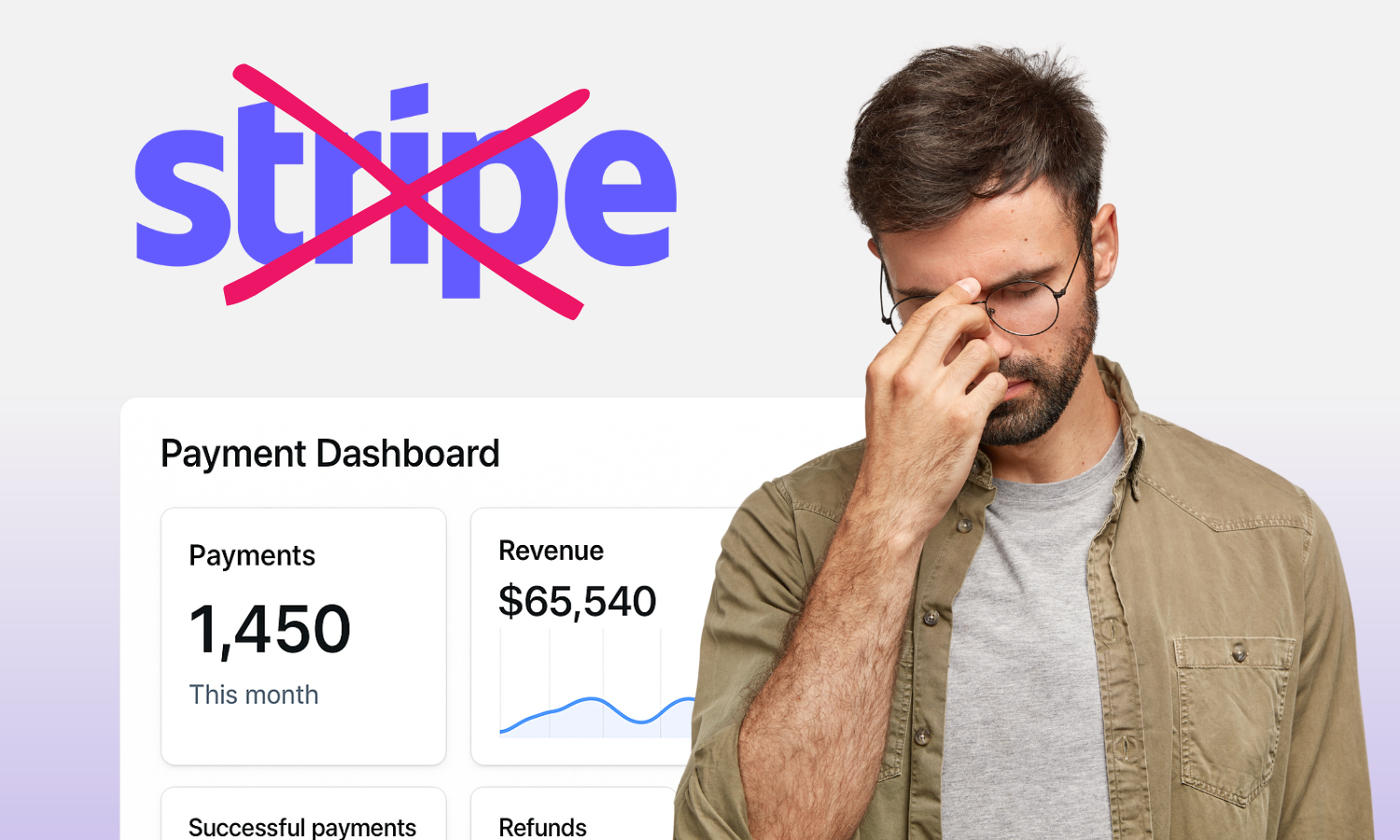
What Really Triggers a Payment Review (and How to Avoid It)

What Really Triggers a Payment Review (and How to Avoid It)
.png)
If you’ve ever had your payouts delayed, your account frozen, or that dreaded “under review” email land in your inbox — you know how stressful a payment review can be.
It’s frustrating, confusing, and usually happens right when your business is doing well. But the truth is, these reviews rarely come out of nowhere. They’re triggered by red flags that acquirers, gateways, and banks are trained to spot.
Let’s break down what actually causes them — and how Redde helps you avoid getting caught in the crossfire.
1. Sudden Spikes in Volume or Ticket Size
A big day of sales might feel like a win. To processors, though, it can look like risk.
When your transaction volume or average sale amount jumps sharply (say, from $2,000 a week to $10,000 overnight), automated systems flag it as suspicious. The logic? Fraud, stolen cards, or potential chargebacks could be hiding in the spike.
How to avoid it:
Keep your processor in the loop when running big promos, seasonal pushes, or product launches.
Set realistic limits that match your business growth.
At Redde, our team monitors patterns with you — not against you — so growth doesn’t look like risk.
2. Excessive Chargebacks or Refunds
Nothing triggers a review faster than chargebacks piling up. Even if they’re legit customer disputes, too many too quickly can suggest fulfillment, fraud, or communication issues.
Most payment porocessors get nervous when your chargeback ratio hits 1% or higher of your total monthly volume.
How to avoid it:
- Use clear billing descriptors (so customers recognize your charge).
- Deliver products quickly and communicate tracking info.
- If you’re hit with a dispute, respond fast — and document everything.
Pro Tip: Work with a payment processor that communicates with you first before they hold your funds. Redde helps merchants reduce chargebacks through proactive monitoring and alerts, so you can fix small issues before they become account-level problems.
.png)
3. Mismatched Business Models or High-Risk Categories
If your products, services, or fulfillment process don’t line up with what you originally told your processor, that’s a problem. Gateways routinely scan for mismatches — like a merchant registered as “retail apparel” suddenly processing tech subscriptions.
How to avoid it:
- Be upfront about what you sell, how you fulfill, and your refund policy.
- Don’t process through multiple unrelated sites under one account.
- Work with a payment processor who will let you open several accounts for your different sites/products if necessary.
4. Unusual Transaction Patterns
Payment systems love consistency. Random clusters of transactions, identical amounts, or bursts of international payments can all trigger automated reviews.
AI-driven monitoring systems are designed to detect “non-human” behavior — even if you’re just running a flash sale.
How to avoid it:
- Space out batch transactions and use consistent billing practices.
- Watch for suspicious customer activity and report anything off.
.png)
5. Outdated or Missing Compliance Docs
Sometimes, a “review” isn’t even about your sales — it’s about your paperwork. Missing business licenses, expired IDs, or incomplete KYC (Know Your Customer) files can automatically trigger reviews or payout pauses.
How to avoid it:
- Keep your merchant file current: business license, EIN, ownership info, bank details.
- Respond quickly to update requests from your processor.
The Bottom Line
Payment reviews aren’t random, they’re risk signals. But with the right processor, you don’t have to guess what’s happening behind the curtain.
At Redde Payments, we take a proactive approach:
- Real-time monitoring to catch issues early
- Transparent communication when something looks off
- A human risk team (not just algorithms) that understands your business
You built your business to grow, not to chase down frozen funds.
If you’re ready for a processor that keeps your payments moving and your account protected, get started with Redde anytime — we’re here when you’re ready.
.png)




.png)
.png)





.png)

